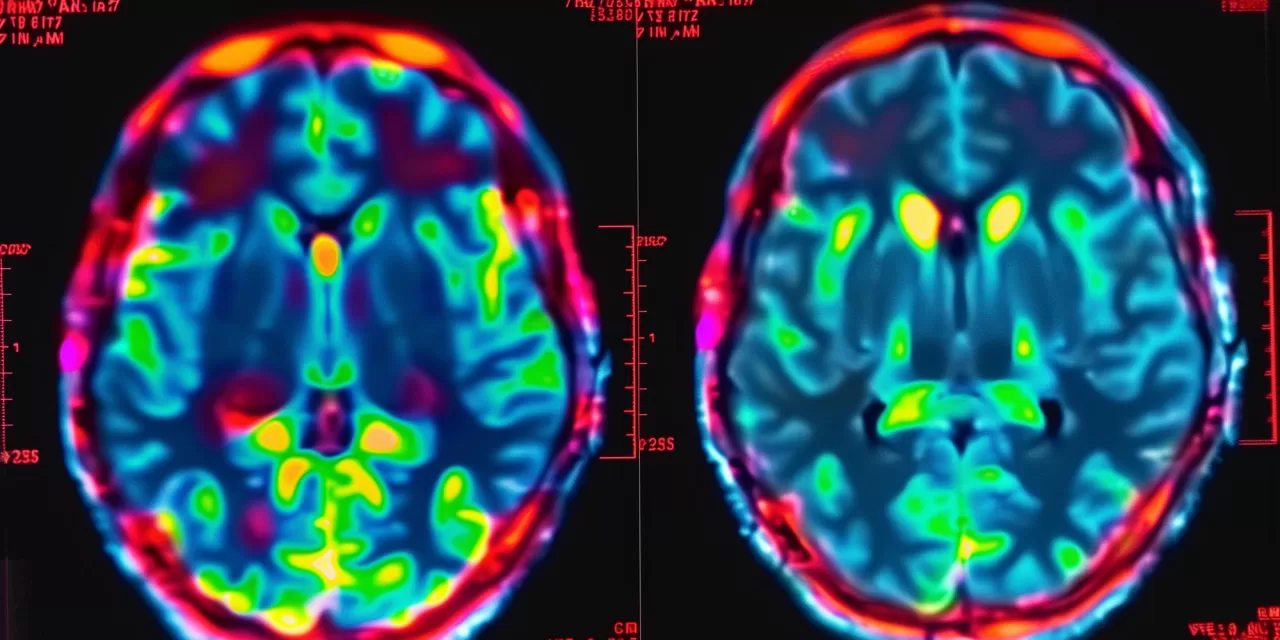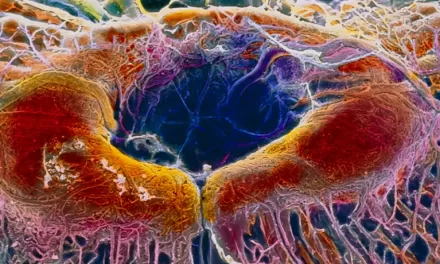A groundbreaking study published in JAMA Network Open has revealed how cannabis use affects brain function, particularly impairing working memory and cognitive performance. Researchers analyzed over 1,000 young adults aged 22 to 36, finding that both recent and heavy lifetime cannabis use significantly reduced brain activity during cognitive tasks.
Cannabis and Cognitive Function: Key Findings
This large-scale study showed that 63% of heavy lifetime cannabis users and 68% of recent users exhibited decreased brain activity while performing working memory tasks. Working memory is essential for problem-solving, decision-making, and following instructions. Impairment in these functions could affect daily life activities, including academic and professional performance.
“As cannabis use continues to grow globally, studying its effects on human health has become increasingly important,” said Dr. Joshua Gowin, the study’s lead author and assistant professor of radiology at the University of Colorado School of Medicine. “By understanding both the benefits and risks, we can help individuals make informed decisions about cannabis consumption.”
The study categorized participants into three groups based on their cannabis use: heavy users (those who had used cannabis more than 1,000 times in their lifetime), moderate users (10 to 999 uses), and non-users (fewer than 10 uses).
Brain Imaging Reveals Significant Changes
Using MRI technology, the researchers examined how cannabis use affected brain function across seven cognitive tasks, including memory, language, motor skills, and decision-making. The most significant impact was observed during working memory tasks, with reduced neural activity in key brain regions, including the dorsolateral prefrontal cortex, dorsomedial prefrontal cortex, and anterior insula. These areas are critical for executive function, attention, and emotional processing.
While other cognitive functions showed minor changes, working memory impairment was statistically significant, suggesting a strong link between cannabis use and decreased cognitive performance.
The Potential for Cognitive Recovery
Interestingly, the study also hinted at possible cognitive recovery with abstinence. Dr. Gowin noted that refraining from cannabis use before engaging in mentally demanding tasks might improve performance. However, he also warned that quitting suddenly could temporarily disrupt cognitive function, particularly in heavy users.
Future Research: Unanswered Questions
Despite these significant findings, the study raises several unanswered questions. Long-term research is needed to determine whether cannabis-induced brain changes are reversible and how these effects vary across different age groups.
“There is still much to learn about how cannabis influences the brain over time,” Dr. Gowin emphasized. “Future studies should examine long-term effects, potential recovery timelines, and how individual factors like genetics and usage patterns play a role.”
Disclaimer
This article is for informational purposes only and does not constitute medical or legal advice. Cannabis laws and effects may vary by region, and individuals should consult healthcare professionals for personalized guidance regarding cannabis use.
Reference: Gowin, J. L., Ellingson, J. M., Karoly, H. C., Manza, P., Ross, J. M., Sloan, M. E., Tanabe, J. L., & Volkow, N. D. (2025). Brain Function Outcomes of Recent and Lifetime Cannabis Use. JAMA Network Open. DOI: 10.1001/jamanetworkopen.2024.57069.












